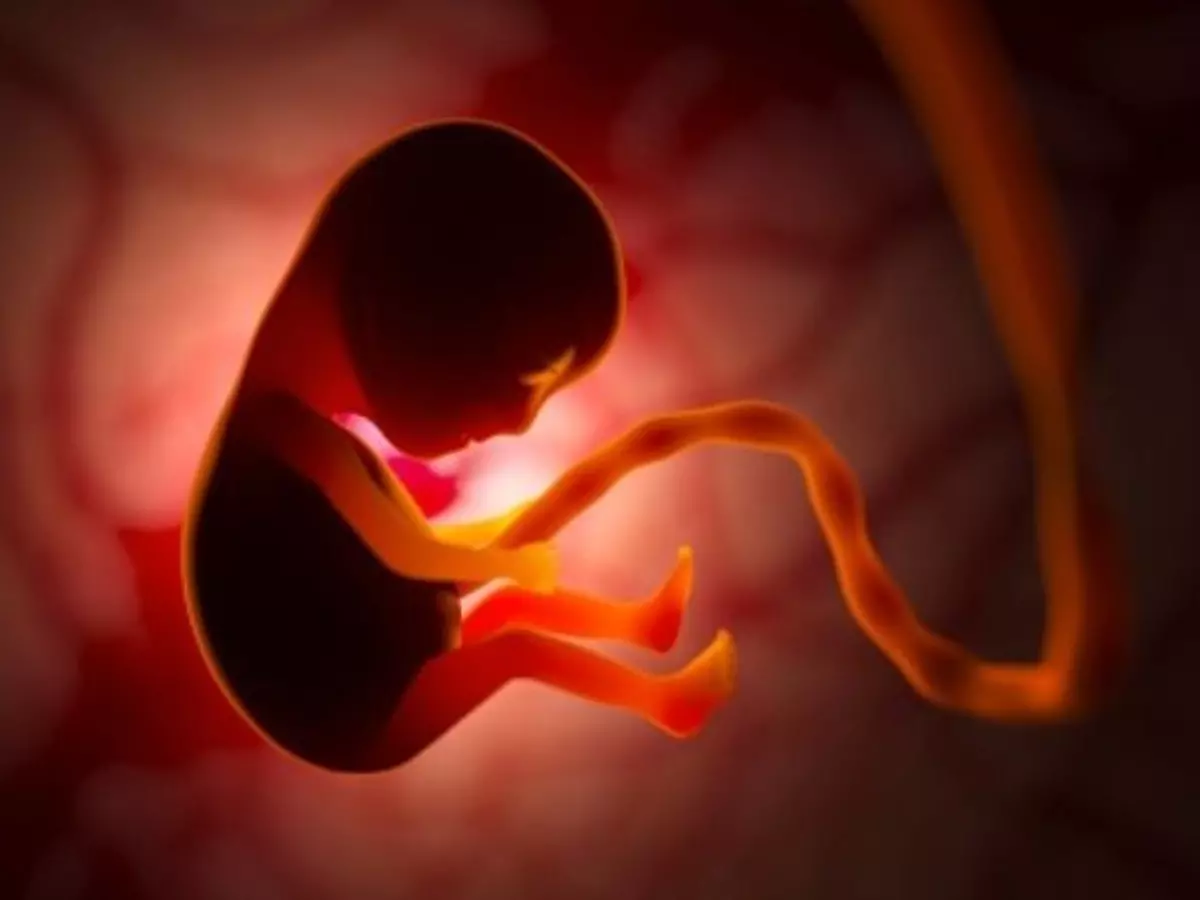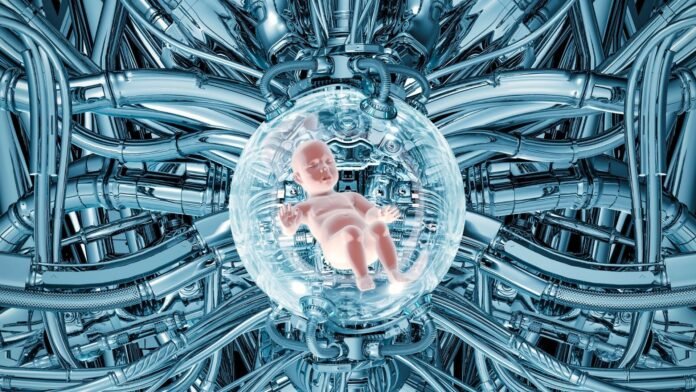There’s no denying that fewer people are getting married. A growing number of people are choosing not to become parents, in addition to those who wish to have children but are unable to do so for a variety of reasons. People are looking for different techniques to make parenting easier because it is predicted that the human population will decrease dramatically over the next century. An artificial intelligence robotic “nanny”—basically, a prosthetic womb that can grow a fetus into a fully grown baby—has been created by Chinese scientists.
A Robotic “Nanny” That Replicates the Womb Was Developed by Chinese Scientists
An artificial intelligence (AI) robot “nanny” that keeps an eye on and tends to human embryos growing in artificial wombs is one more possible solution that a group of Chinese scientists have suggested for the world population decline. China’s birth rate

Many scientists contend that compared to a mother’s womb, the growing fetus is really in a safer environment in artificial wombs. Conflicts with outside forces or environmental problems naturally do not arise. For example, because it’s an artificial womb and not a real one, it can make sure the developing child gets the right amount of nourishment every day. Alcohol intake or other contaminants like cigarette smoke are not a cause for concern.
This position does, of course, have advantages. For example, this could be the alternative that infertile couples choose rather to using a surrogate. If women know they won’t have to face the difficulties of carrying and giving birth to a child, that knowledge may also inspire them to think about becoming parents. Additionally, in situations where a mom is
Issues with Law and Ethics
This is a highly contentious technology, of course. The concept of a baby not growing up in its native habitat unnerves a lot of people. Those who oppose this scenario contend that it would rob the developing kid of the love and care that a mother gives it throughout pregnancy. A mother’s emotional connection to her kid is, in the eyes of many, invaluable, even in the event of optimal nourishment and surroundings. The health and wellbeing of the child are definitely impacted by the fact that a human mother starts emotional care and communication with her child long before the child is born.
This technology is also accompanied with legal difficulties. At the moment, international rules prohibit scientists from utilizing human embryos for research; instead, they utilize mouse embryos. As such



